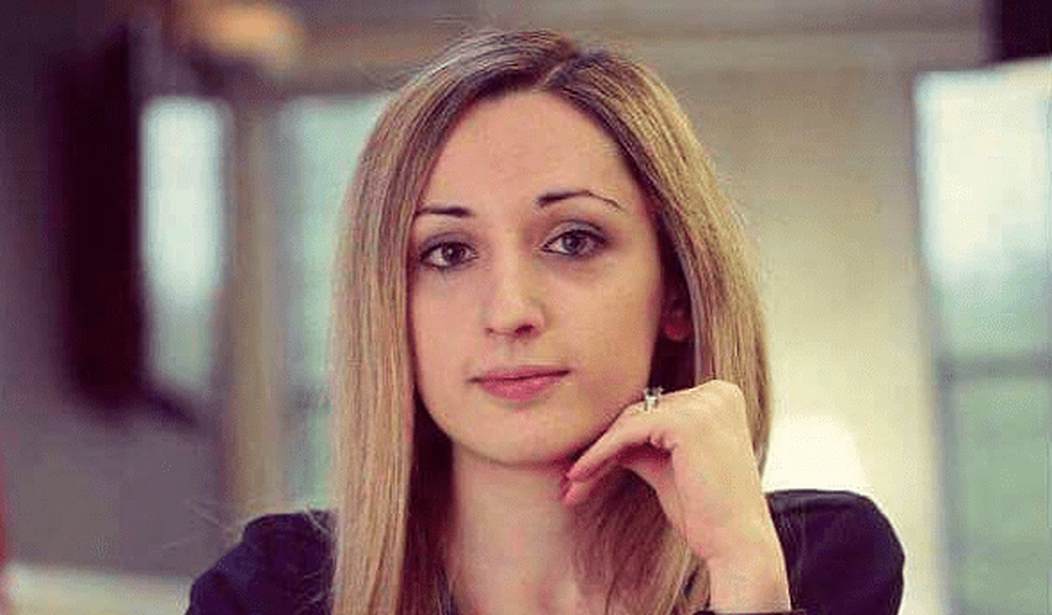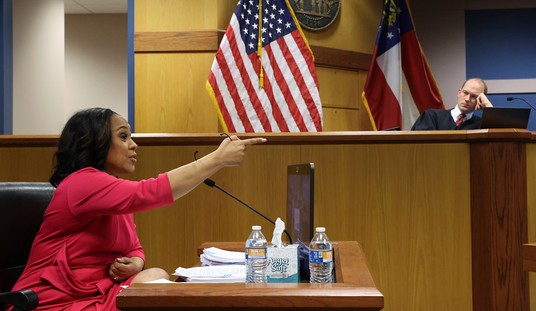Sports competitors are often asked to conform to the rules of the countries they visit.
That might mean eating local cuisine or simply driving on the opposite side of the road.
For one elite chess player, embracing one country’s religious customs isn’t an option. And she may not be alone
U.S. women’s chess champion Nazi Paikidze-Barnes won’t appear at February’s world championships to be held in Tehran. Female players will be expected to wear a hijab, which is mandatory by Iranian law.
That isn’t acceptable to her:
If the venue of the championship is not changed, I will not be participating. I am deeply upset by this. I feel privileged to have qualified to represent the US at the Women’s World Chess Championship and to not be able to due to religious, sexist, and political issues is very disappointing.
Paikidze-Barnes may have company soon enough. Former Pan American champion Carla Heredia wants the 64 female players slated to participate in the event to protest the mandatory hijab garb as well.
“Sports should be free of this type of discrimination,” Heredia explained.
The Islamic Revolution of 1979 led to Iranian women being ordered to wear hijabs in public or face punishment.
For Heredia, having the event in Iran means more than wearing hijabs. “The obligation to use hijab is one issue, another one is that women can’t share room with a male if she is not married to him,” she said.
Susan Polgar, chair of Fide’s Commission for Women’s Chess, said the hijab ruling shouldn’t be an issue. It’s a matter of respecting local culture, Polgar says, adding the dress code will apply to all players.
Sporting events are often ways for cultures to find common ground. Even as the Third Reich rose in Germany the world came together in Berlin for the 1936 Olympic Games.
We live in much more fractured times. And examples of sexist treatment in Iran are now commonplace thanks to the web and media outlets.
It will be interesting to see if women’s rights groups rally to the chess players’ side on the matter. On the surface, it’s a glaring example of infringing on a woman’s right to free expression. Yet these very same groups aren’t always vocal about misogynistic practices in the Islamic world.
Will the chess player’s protest become a cause celebre among feminists? Or will they stay mostly silent and let the events play out over the coming weeks?
Either way, their actions may speak volumes.









Join the conversation as a VIP Member